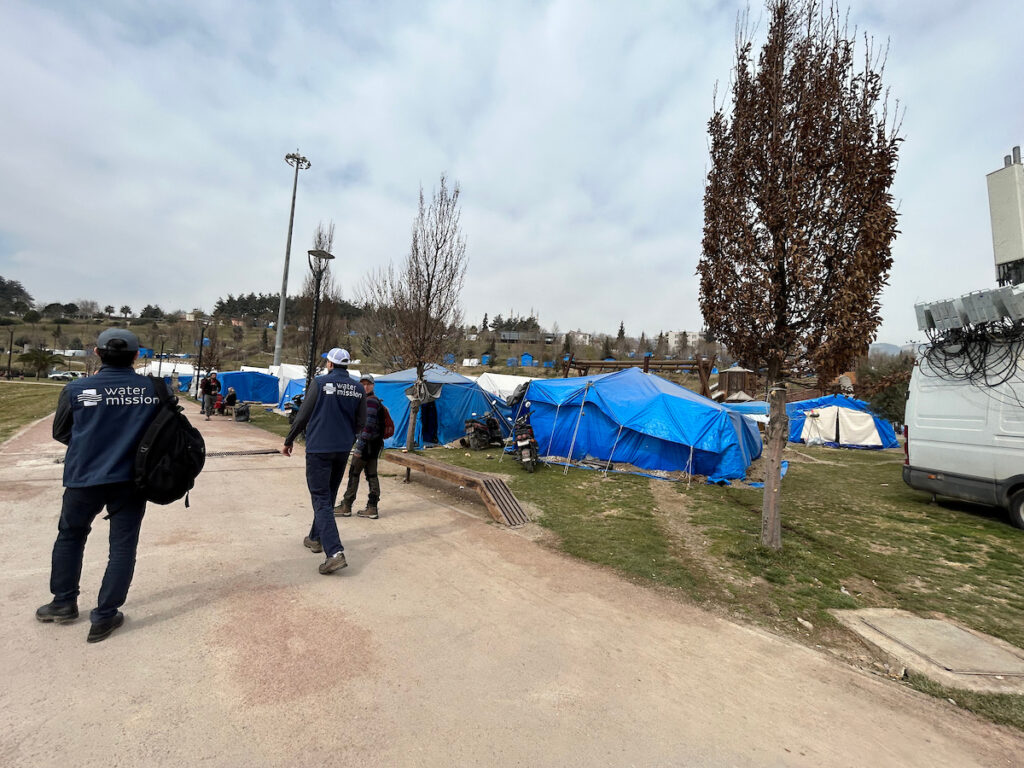We are investing in circadian rhythm research in hopes of developing treatments to reduce the significant physical and mental health impacts of circadian biological clock disruptions.

Circadian rhythms are the physical, mental, and behavioral changes organisms—from plants and microorganisms to humans—experience over a 24-hour cycle. Circadian rhythms are involved in all basic biological processes in the body and disruptions contribute to psychiatric, neurological, cardiovascular, and metabolic disorders. These rhythms are affected by many factors, including light and dark, physical activity, and stress.
In humans, disruptions to circadian rhythms include factors such as shift work schedules or flying across time zones. These disruptions can have many impacts, such as:
- Shift work schedules are associated with an almost fivefold increase in accidents.
- Jet lag is associated with impaired decision making and reduces the appeal of travel.
Eating at the “wrong” time of day can lead to metabolic issues (obesity, type 2 diabetes, cardiovascular disease, etc.) - Among the opportunities we are funding are two five-year studies at the University of Pittsburgh School of Medicine, led by Colleen McClung, PhD and Stephen Y. Chan, MD, PhD.
The development of pharmacological treatments (Project 1) and brain stimulation treatments (Project 2) could address conditions such as circadian rhythm sleep disorders, shift worker syndrome/jet lag, seasonal affective disorder, and bipolar disorder. Biological clock stabilization can also address: depression, anxiety, substance abuse, autism, schizophrenia, ADHD, Alzheimer’s, Parkinson’s, obesity/ metabolic disorders, cancer, heart disease, alcohol-related liver disease, and immune deficiency disorders.
This work will contribute to the field of precision medicine, where health and well-being can be robustly improved with a more stable circadian clock.



